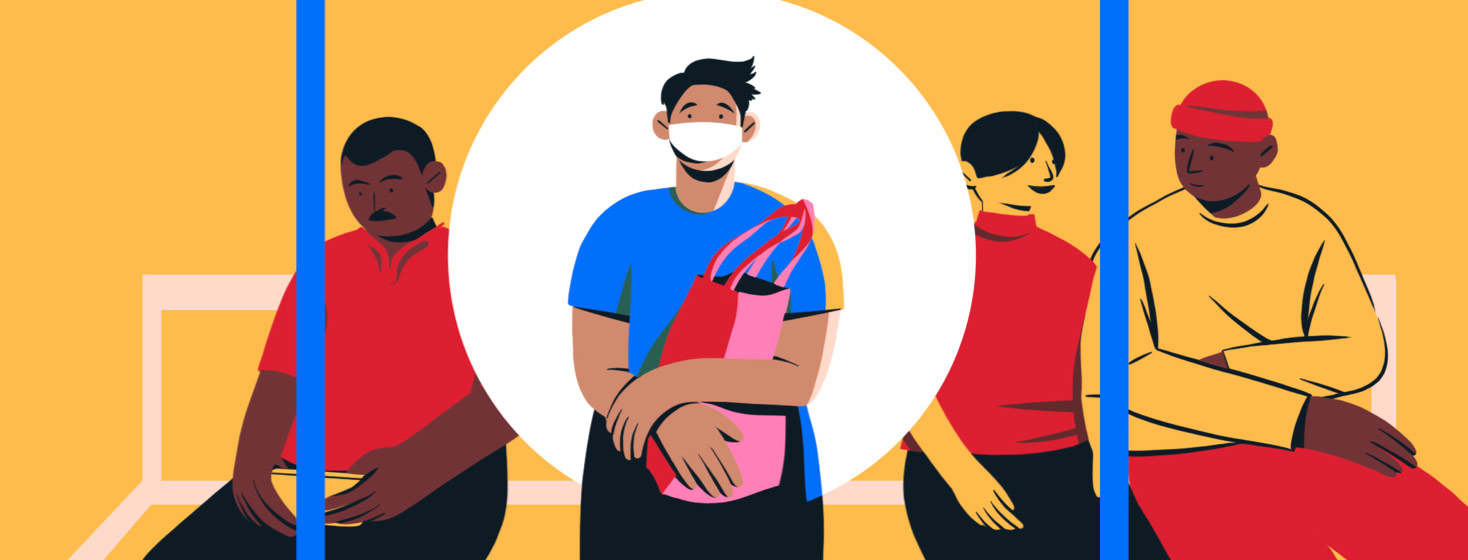How To Stay Healthy While On Immunosuppressants
Every night, I count out a handful of pills. Six of these pills, which are prescribed by my rheumatologist to keep my lupus under control, are immunosuppressants.
As their name implies, immunosuppressants work by suppressing the immune system. Because lupus is autoimmune, taking immunosuppressants is a standard treatment for many lupus patients.
This or That
Do you take immunosuppressants?
Avoiding illness on immunosuppressants
Like most medications, immunosuppressants have side effects. The biggest side effect I’ve experienced is that I get sick easily. I’m much more susceptible to catching colds, the flu, and COVID because I take immunosuppressants. I also tend to have more severe colds and flus than people who don’t take immunosuppressants.
Over the years, I’ve learned a few ways to avoid catching communicable illnesses while living my best life on immunosuppressants.
I wear a KN95 mask
One silver lining of the COVID-19 pandemic is that masks have finally become mainstream. Long before everyone began baking quarantine bread and throwing Zoom parties, I wore a mask when I traveled by plane. The thought of being trapped in a metal cylinder for hours, forced to breathe the same air as dozens of strangers, sounded not only gross but dangerous given how many immunosuppressants I took each day.
Once when sitting at my gate waiting to board, I pulled out a mask and put it on. The woman sitting next to me abruptly stood up and walked to the opposite end of the gate. Fortunately in our current post-COVID world, no one thinks twice anymore about seeing other people wear masks in public. I wear a mask not only when traveling, but also to run errands and go to the doctor’s office during flu season or when COVID rates are high.
I let people in my life know I’m immunocompromised
Telling people I encounter on a weekly basis that I’m immunocompromised is the most effective way I’ve found to stay healthy. My family knows not to come near me if any of them have a cold. As a teacher who primarily teaches one-on-one lessons after school, I maintain a strict policy with the families I teach: if a student comes to their lesson sick, they will be sent home to rest and get better.
However, letting coworkers know you’re immunocompromised might be tricky if you aren’t “out” about having a disease at work. If you don’t feel comfortable letting colleagues or your boss know about your health issues, simply be clear that you aren’t comfortable coming into contact with people who are contagious and try to find a workable solution. Many people who aren’t on immunosuppressants have their own reasons for not wanting to catch colds, like having young children or elderly relatives at home. Your coworkers should respect your wishes whether they know about your health issues or not.
When people who know me understand that I’m immunocompromised, they are conscientious enough to avoid me if they have a contagious illness.
If I catch the flu, I stop taking my immunosuppressants for a few days
The first time I caught the flu while on immunosuppressants was brutal. I was so exhausted I could barely walk to the bathroom. I couldn’t even hold a book and read from my bed. When I told my rheumatologist how sick I was, she advised me to stop taking my immunosuppressants for the few days I’m sick.
However, this advice isn’t for everyone. Always remember that it’s extremely important to consult your doctor before changing any of your medications. If you feel this advice might help you have an easier time recovering from the flu, definitely ask your doctor’s opinion first before trying it.

Join the conversation